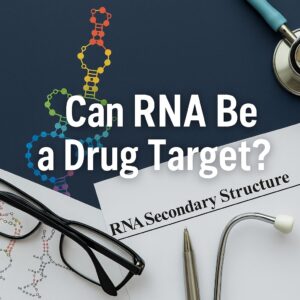A U.S. research team has demonstrated the therapeutic potential of epigenetic editing — a strategy that regulates gene expression without altering the DNA or RNA sequence itself. Unlike conventional gene editing, this approach employs protein complexes that modulate transcriptional activity, turning specific gene switches on or off.
This technology holds promise for treating disorders where direct gene correction is challenging, and where reversible regulation may benefit neurological, metabolic, or oncological diseases. Preclinical studies in animal models have shown encouraging results, with clinical translation on the horizon.
Source: Drug Discovery News (June 2025), Article Link
【My Thoughts】
Epigenetic editing represents a rapidly emerging gene regulation technology. Its reversibility and safety advantages make it particularly attractive for neurological and developmental disorders. As clinical development progresses, target specificity and long-term stability will be essential factors for successful application.






